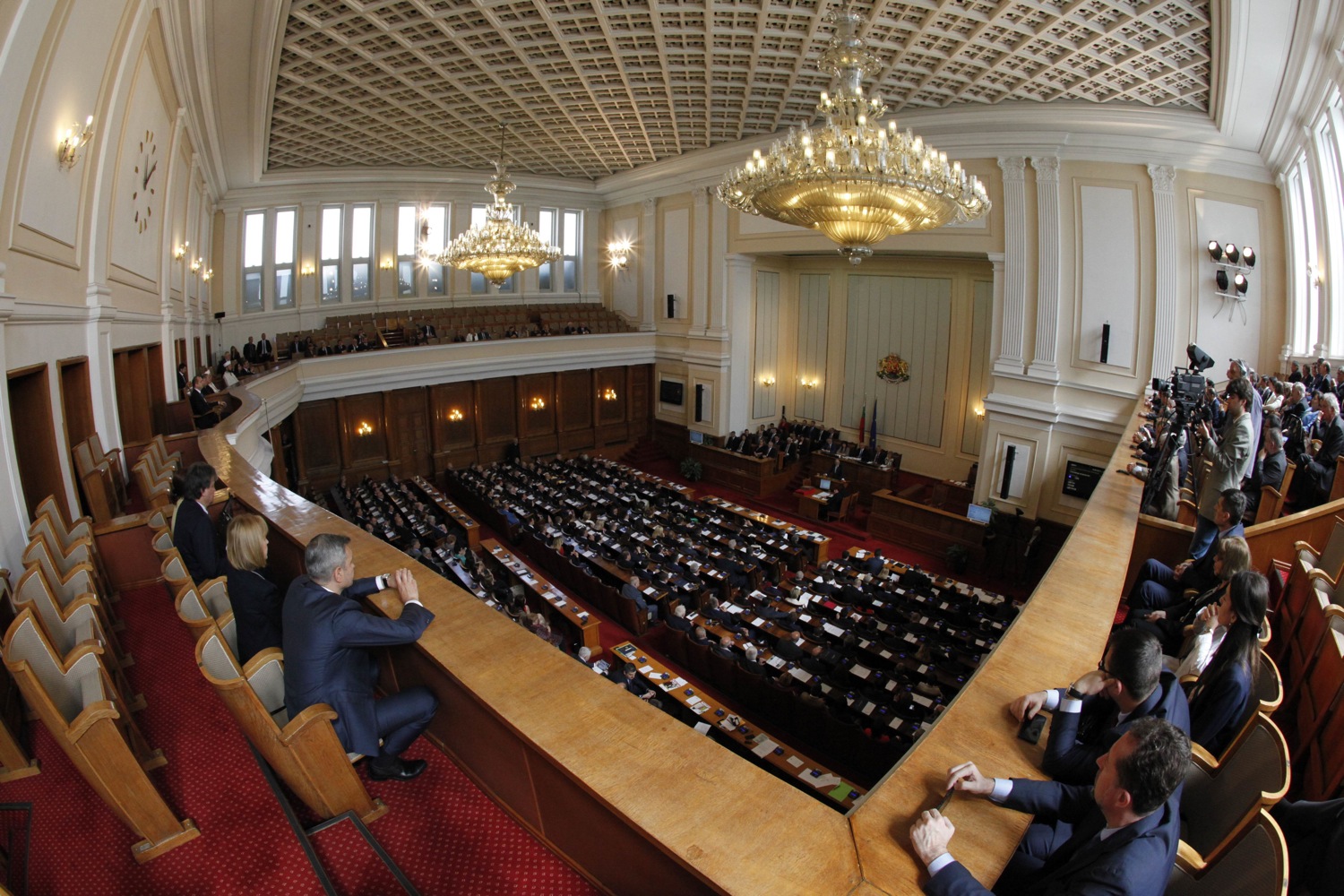
This is the English translation of a Turkish language article that was originally published by AVİM on 11 April 2023.
A new early election took place in Bulgaria on 2 April 2023, bringing the subject of a coalition government to the agenda once again. The Bulgarian voters, who have gone to the ballot box five times within the last two years, voted once again for the GERB (Citizens for European Development of Bulgaria) party led by Boyko Borisov. However, similarly to the last five elections, the number of votes received by the first two parties are close to each other, leaving no other option besides a fragmented coalition.
In the years of democratic rule in Bulgaria, only during the period when the Socialist Party won 125 seats with 43.5 percent of the vote in the 1994 elections, and in 1997 when the Union of Democratic Forces (an electoral coalition) won 137 seats with 52.2 percent did a parliamentary landscape emerged in which a coalition was not needed to form a government. Thus, the democratic history of Bulgaria has previous experience with coalition governments and early elections. However, the two-year governmental crisis has caused a turmoil that is overwhelming the country. This crisis will create a new Bulgaria at some point. However, what type of country this new Bulgaria will be is unclear. The contest is between the idea of a Bulgaria that is fully integrated with the EU and NATO and the idea of a Bulgaria that preserves its traditions and the right to an independent foreign policy. An analysis of voter trends shows that voters between the ages of 18 and 30 are closer to the idea of integration and to new names in politics.
According to the official election results[1] GERB received 26.5 percent of the vote and will have 69 seats in the 240-seat Bulgarian Parliament. The second political formation in the election was the coalition of PP (We Continue the Change) and DB (Democratic Bulgaria),[2] which won 24.5 percent of the vote and 64 seats. Vizrajdane (Vazrazhdane - Revival), led by Kostadin Kostadinov, which finished third in the electoral race, increased its support and received 14.2 percent of the vote and 37 seats. The DPS (Movement for Rights and Freedoms) came out as the fourth party this time. Although it increased its votes, the distribution of votes and the number of parliamentary seats did not change compared to the previous elections. It failed to reach the 14 percent of the votes it received in the 2009 and 2014 elections. In the April 2023 elections, DPS, led by Mustafa Karadağ, won 36 seats in parliament with 13.8 percent of the vote.[3] The Socialists (BSPzB), led by Korneliya Ninova, continued to lose votes, winning 8.9 percent of the vote and 23 deputies. In the 2017 elections, it was the second party with 27 percent of the vote, but it has been losing ground since the 1994 elections when it received 43 percent of the vote,. The sixth party to pass the electoral threshold and qualify for parliament with 4.1 percent of the vote and 12 seats was ITN (There is Such a People), led by singer and TV programmer Slavi Trifonov. ITN, which was the partner of the last government that was formed from within the parliament,[4] withdrew its support on 8 June 2022, paving the way for early elections on 2 October 2022. And since a government could not be formed, the country was obliged to go to elections on 2 April 2023.
The deadlocked parliament was unable to form a government from the parliamentary composition on 2 October 2022, and now the same names will have to form a coalition with similar majorities. GERB, one of the two polarized political formations that struggled to find a compromise, increased its representation in parliament by two seats compared to the 2022 elections, while the PP-DB coalition lost nine seats. PP-DB continues its accusations of corruption and misuse of state funds and emphasizes that it will not support any cabinet work in which GERB is involved.[5] The surprise and the biggest winner of the election was Vizrajdane, which increased its seats by 10. However, it is difficult for both parties to form a coalition that would include Vizrajdane, who is seen as pro-Russian. GERB defines itself as pro-European, while PP is perceived as the party backed by the US that wants to intervene in Bulgaria’s domestic politics. Both parties have stated their support for Ukraine in the war against Russia. Indeed, the EU and the US are now fully politically aligned on certain issues such as Russia, China, Black Sea and Mediterranean security. Nevertheless, the PP-DB and GERB are likely to maintain their non-convergent stance despite their tendency to adopt similar positions on foreign policy options.
The Russia-US Conflict’s Repercussions On Domestic Politics
The US, by including five Bulgarians into the sanctions list as part of the US’ Magnitsky[6] Act of 10 February 2023 due to their “extensive involvement in corruption in Bulgaria”, seems to have a role in this case.[7] The names included within the sanctions decision are Vladislav Goranov, former Minister of Finance in the GERB governments; Rumen Ovcharov, former Minister of Energy under the Socialists; Nikolay Malinov, former Socialist MP and leader of the pro-Russian movement; and two former heads of Kozluday Nuclear Power. The decision states “Their diverse profiles and longstanding prominence in Bulgarian politics illustrate the extent to which corruption has become entrenched across ministries, parties, and state-owned industries and demonstrate the critical need for the political will to implement rule of law reform and to fight corruption.” In actuality, there is no judicial decision concerning this issue and the sanctions lists are prepared by the US organizations within the context of the bribery allegations. However, this is able to influence the domestic politics of other countries. As corruption and bribery accusations against former governments are back on the agenda, the accusations will inevitably have an impact on possible coalition talks. The statement by Brian E. Nelson, US Department of the Treasury's Under Secretary for Terrorism and Financial Intelligence, that "The United States supports our NATO ally Bulgaria in its fight against both entrenched corruption and Russian influence, which undermine democratic institutions", when taken together with the reasons for the sanctions decision, can be interpreted as a call for Bulgaria to not only review its relations with Russia but also to discard politicians close to Russia.
Bulgaria is one of the countries directly affected by the Russia-Ukraine war and also the attempts to reduce Russian influence in the Balkans. Therefore, it is affected by the US policy of gaining an influence zone or front against Russia. As a member of both the EU and NATO, Bulgaria is also effected by the EU’s relations with Russia as well as the process of the EU's revision of its foreign policy orientations.
Bulgaria is also one of the countries with a stake in the dilemma of preserving the Black Sea as a sea of peace and increasing NATO presence there. The GERB governments were in favor of preserving the Black Sea as a sea of peace. In this sense, Bulgaria faces challenges and responsibilities in the process of the reshaping of Europe as well as criticism for its state in the rankings of fighting against corruption, poverty, judicial independence, freedom of the press, and in the fight against external migration, unemployment, and economic difficulties within the country. This is the reason why the country needs stable governance, but it is also the reason why it has not been able to achieve it. The developments following Russia's annexation of Crimea have created a new order in the world system and Bulgaria feels obliged to distance itself from its traditional ally Russia and act jointly with the EU and NATO, of which it is a member. Bulgarian politicians, who are currently advocating integration with the EU, are also forced to move away from the EU's approach of avoiding war and advocating a balanced policy with Russia and adopt an approach that accepts being a party to the great war.
In Bulgarian domestic politics, the PP and partly the DB and GERB are accused of being war mongers and dragging the country into war, while those who are hesitant regarding sanctions against Russia or the supply of arms to Ukraine, such as the Socialists and Vizrajdane, are accused of being Russophiles. It is argued that neutrality would mean a future under Russian rule. A balanced formula is for Bulgaria to export ammunition to Kiev through third countries. The disagreements between the political parties will also set the agenda for the new period. Nevertheless, the new government, no matter who the prime minister is, will take office in a Bulgaria in which all Russian flagged ships, even if they have changed their flag, will be banned from entering Bulgaria's rivers and seaports. In fact, under the Council of Europe Regulation on restrictive measures, this ban will apply as of 8 April 2023. This framework shows that it is not possible for Bulgaria to be neutral in the great war and that decisions that cannot be passed by parliament must somehow be substituted.
Post Election Period
According to the Bulgarian Constitution, the President of Bulgaria gives the mandate to the party with the highest number of votes to form a government. If the Prime Minister-designate fails to form a government within seven days, the mandate passes to the party with the second largest parliamentary group. If the second attempt to form a government is also unsuccessful, the President appoints a parliamentary group of her/his choice. If no government is formed, the parliament is dissolved under Article 99 of the Constitution, the President appoints an interim government and a new election date is set for two months later.
Boyko Borissov's statement on 5 April was that the most stable government would include the two largest groups and that he would invite all members of parliament to government talks. He therefore explained that he would discuss forming a government with the PP-DB, but that he would also meet with any party elected to represent it in parliament. In fact, for the past two years Bulgaria has not been able to escape from the turmoil of the political crisis due to the negative attitude of the political parties towards each other in forming a government. The PP has made it clear that it will never join a coalition with GERB. Democratic Bulgaria, which formed an electoral coalition with the PP, also denied the allegation of secret talks with GERB, pointing out that their election promises were completely different and announced that there was no possibility of a coalition government with GERB. Mustafa Karadayı, the leader of the DPS, also declared that they would make every effort to form a government. This probably also means supporting the government from the outside.
Kostadin Kostadinov, the leader of Vizrajdane, which came third in the elections, declared that they are open to talks with all the parties in the parliament, but that they will not compromise on their principles. Although Vizrajdane has been characterized as a Russophile, Kostadinov explained these principles as creating a Bulgaria that prioritizes national interests and preserves traditional values. With its origin being Bulgarian nationalism and advocating a balanced foreign policy process, this political structure argues that the main focus should be on Bulgaria's national interests. There is no doubt that the concept of traditions will not exclude historical, religious, and cultural affinities with Russia. Vizrajdane's increasing share of the vote is a reflection of the rising prevalence of its views within the population, a trend that will encourage the party leadership. There has been an emergence of new Russophile parties while the votes of the Socialists, who are also defined as Russophile, are declining. This case shows that the voters are punishing misconduct, but that there is room in Bulgarian politics for an approach that preserves Bulgarian identity and therefore does not hinder traditional relations with Russia.
It can be said that the coalition that might emerge from this parliamentary composition can only run the country until the local elections in October. It is possible that parliamentary elections will be held along with the local elections or, more likely, that political parties will take positions to initiate early elections based on their performance in the local elections. In a parliamentary composition where the first party can achieve a stronger result, the DPS is always a candidate to play the role of the key party. When it was present within the coalition, it did not make political moves that would hamper the system or force early elections. Moreover, it played an important role in building the perception of democratic Bulgaria, especially within the EU.
A technocratic government composed of relatively politically unconnected individuals and focused on programs may once again be on the agenda for Bulgaria. However, if this method ceases to be the exception and becomes systematic, it would mean that the classical understanding of democracy is being abandoned. That is to say, the results of the polls will not be reflected in the decisions to be taken about the country, and that the executive branch will govern without accountability and responsibility. The loss of the meaning of elections will increase despair towards politicians in Bulgaria where voter turnout hovers around 40 percent.
*Photograph: National Assembly of Bulgaria - https://eu2018bg.bg/en/44th-national-assembly.html
[1] ПАРЛАМЕНТАРНИ ИЗБОРИ 2023, https://www.dnevnik.bg/izbori-2022/2022/10/02/4397727_gerb_za_pruv_put_pobejdava_bsp_pri_izbiratelite_nad/
[2] The We Continue the Change party, led by Harvard graduates Kiril Petkov and Asen Vasilev, and Democratic Bulgaria party, led by Hristo Ivanov, campaigned on the promise of making Bulgaria a European country by raising health and education standards and reforming the judiciary.
[3] Turks who took refuge in Turkey because of forced migration and who have dual citizenship vote in the ballot boxes opened in Türkiye or go to Bulgaria to vote. In this election, the DPS increased its votes cast in Türkiye by 8000 and in Bulgaria by 10,000. It received 60,237 votes in the ballot boxes in Türkiye. In the same polling stations, GERB received 1296 votes and PP-DB 1406 votes. 60,000 votes roughly correspond to 9 parliamentary seats. It is estimated that there are around 350-400,000 people in Türkiye who have the right to vote through dual citizenship.
[4] This was the government formed after the general elections in November 2021 by Kiril Petkov and Asen Vasilev, led by We Continue the Change (PP) (25 percent), BSP for Bulgaria (BSPzB) (10 percent), There is Such a People (ITN) (9 percent) and Democratic Bulgaria (DB) (6 percent). ITN contributed 25 MPs to the coalition, which totaled 134 MPs.
[5] We Continue the Change-Democratic Bulgaria will not Support a Government with the Mandate or Participation of GERB, 7 April 2023, https://www.novinite.com/articles/219584/We+Continue+the+Change-Democratic+Bulgaria+will+not+Support+a+Government+with+the+Mandate+or+Participation+of+GERB
[6] The Global Magnitsky Human Rights Accountability Act was passed by the US Congress in 2012 and stipulates the US State and Treasury departments to impose sanctions, such as asset freezes and bans on entry into the US on Russian officials believed to be responsible for serious human rights violations. The scope of the law was expanded in 2016, moving from a Russia-only focus to a global dimension and adding the crime of corruption to human rights violations.
[7] Treasury Sanctions Corrupt Elites Across Bulgarian Political Spectrum, U.S. DEPARTMENT OF THE TREASURY, 10 February 2023, https://home.treasury.gov/news/press-releases/jy1264
© 2009-2025 Center for Eurasian Studies (AVİM) All Rights Reserved
No comments yet.
-
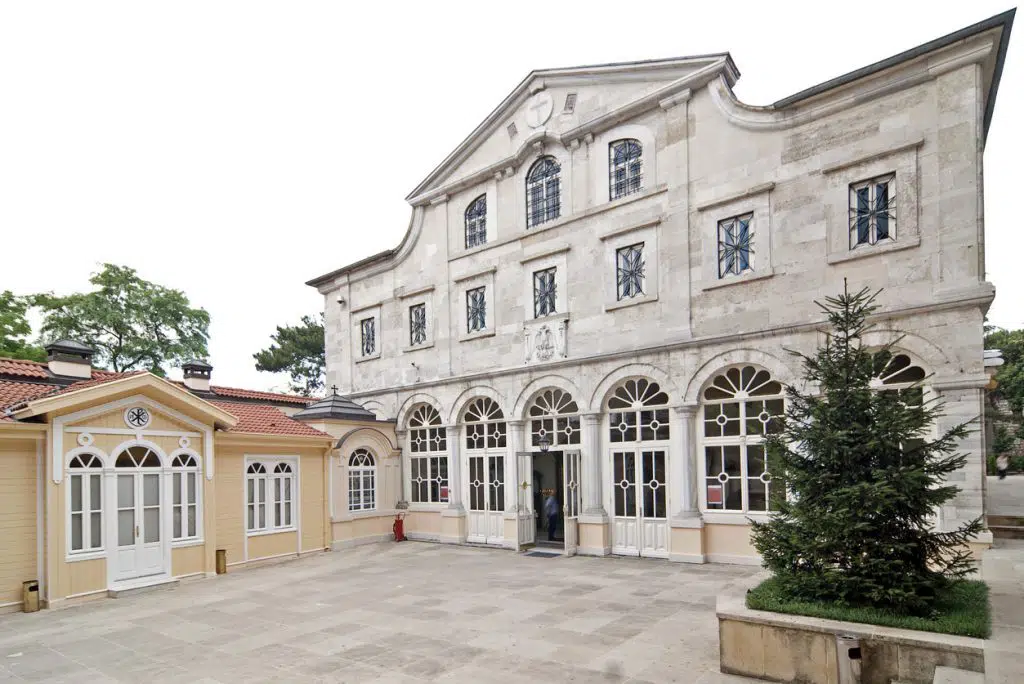 THE LEGAL STATUS OF THE FENER GREEK PATRIARCHATE
THE LEGAL STATUS OF THE FENER GREEK PATRIARCHATE
Gözde KILIÇ YAŞIN 19.10.2022 -
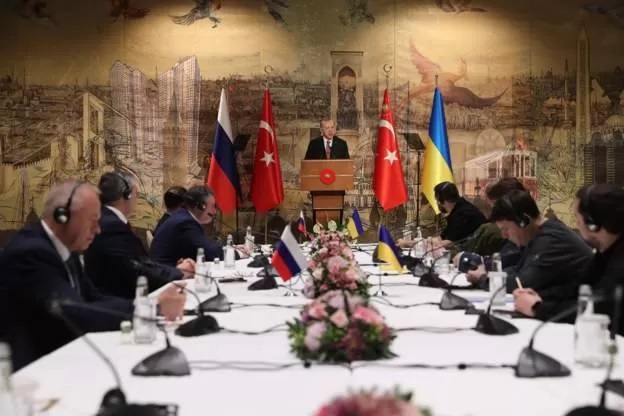 GEARS OF DIPLOMACY: TURKEY JOINING THE EQUATION
GEARS OF DIPLOMACY: TURKEY JOINING THE EQUATION
Gözde KILIÇ YAŞIN 16.05.2022 -
 RISKS AND OPPORTUNITIES REGARDING THE BLACK SEA SAFETY
RISKS AND OPPORTUNITIES REGARDING THE BLACK SEA SAFETY
Gözde KILIÇ YAŞIN 30.06.2022 -
 THE NECESSITY FOR A GOVERNMENT THAT CAN PULL BULGARIA OUT OF CRISIS
THE NECESSITY FOR A GOVERNMENT THAT CAN PULL BULGARIA OUT OF CRISIS
Gözde KILIÇ YAŞIN 29.05.2023 -
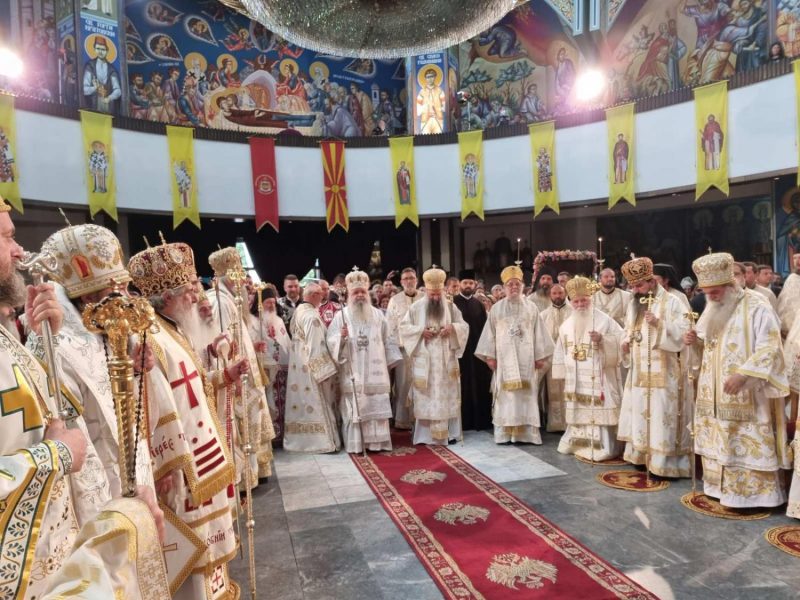 DESIGNING THE GEOGRAPHY OF RELIGION IN THE NEW WORLD ORDER: DIVISIONS IN ORTHODOXY
DESIGNING THE GEOGRAPHY OF RELIGION IN THE NEW WORLD ORDER: DIVISIONS IN ORTHODOXY
Gözde KILIÇ YAŞIN 10.06.2022
-
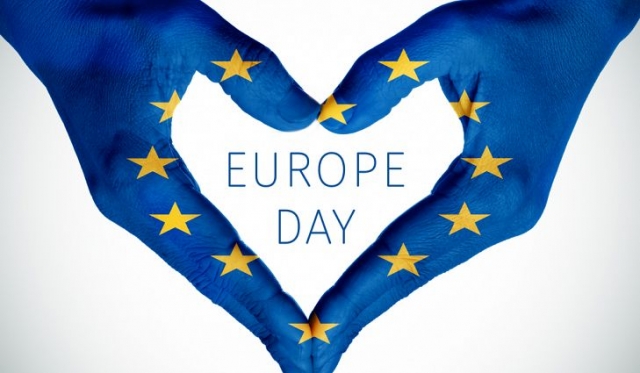 EUROPE DAY CELEBRATIONS - EU SYMBOLS AND TURKEY
EUROPE DAY CELEBRATIONS - EU SYMBOLS AND TURKEY
Teoman Ertuğrul TULUN 17.05.2019 -
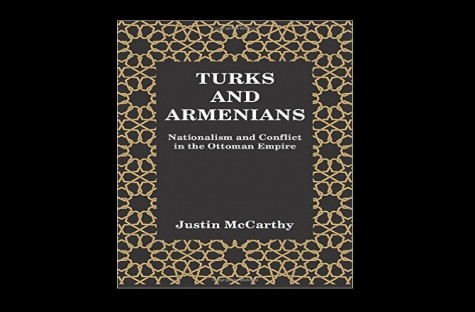 CHAPTER BY CHAPTER SYNOPSIS AND REVIEW OF TURKS AND ARMENIANS: NATIONALISM AND CONFLICT IN THE OTTOMAN EMPIRE BY JUSTIN MCCARTHY - 1
CHAPTER BY CHAPTER SYNOPSIS AND REVIEW OF TURKS AND ARMENIANS: NATIONALISM AND CONFLICT IN THE OTTOMAN EMPIRE BY JUSTIN MCCARTHY - 1
Ekin GÜNAYSU 22.10.2015 -
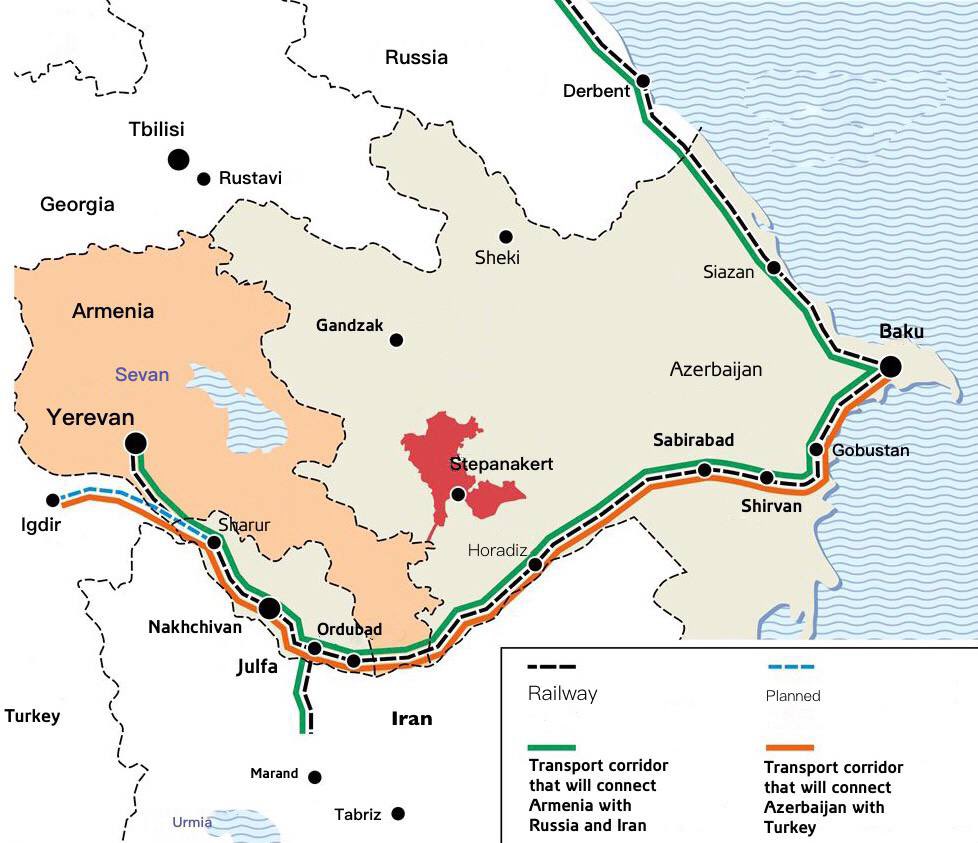 TRANSPORTATION PROJECTS IN CAUCASIA
TRANSPORTATION PROJECTS IN CAUCASIA
Gülperi GÜNGÖR 27.05.2021 -
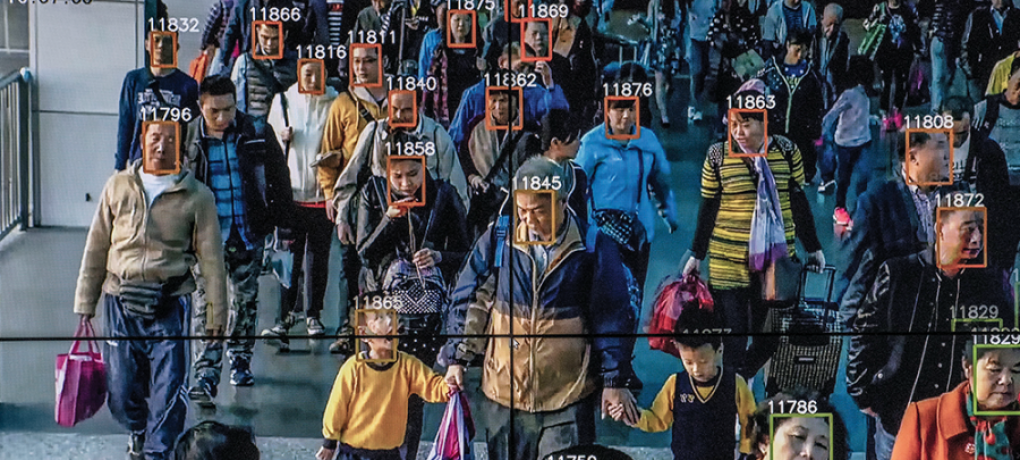 CHINA'S "PREVENTIVE" SECURITY MECHANISMS AND THEIR REFLECTIONS ON UYGHUR TURKS
CHINA'S "PREVENTIVE" SECURITY MECHANISMS AND THEIR REFLECTIONS ON UYGHUR TURKS
Gülperi GÜNGÖR 21.01.2021 -
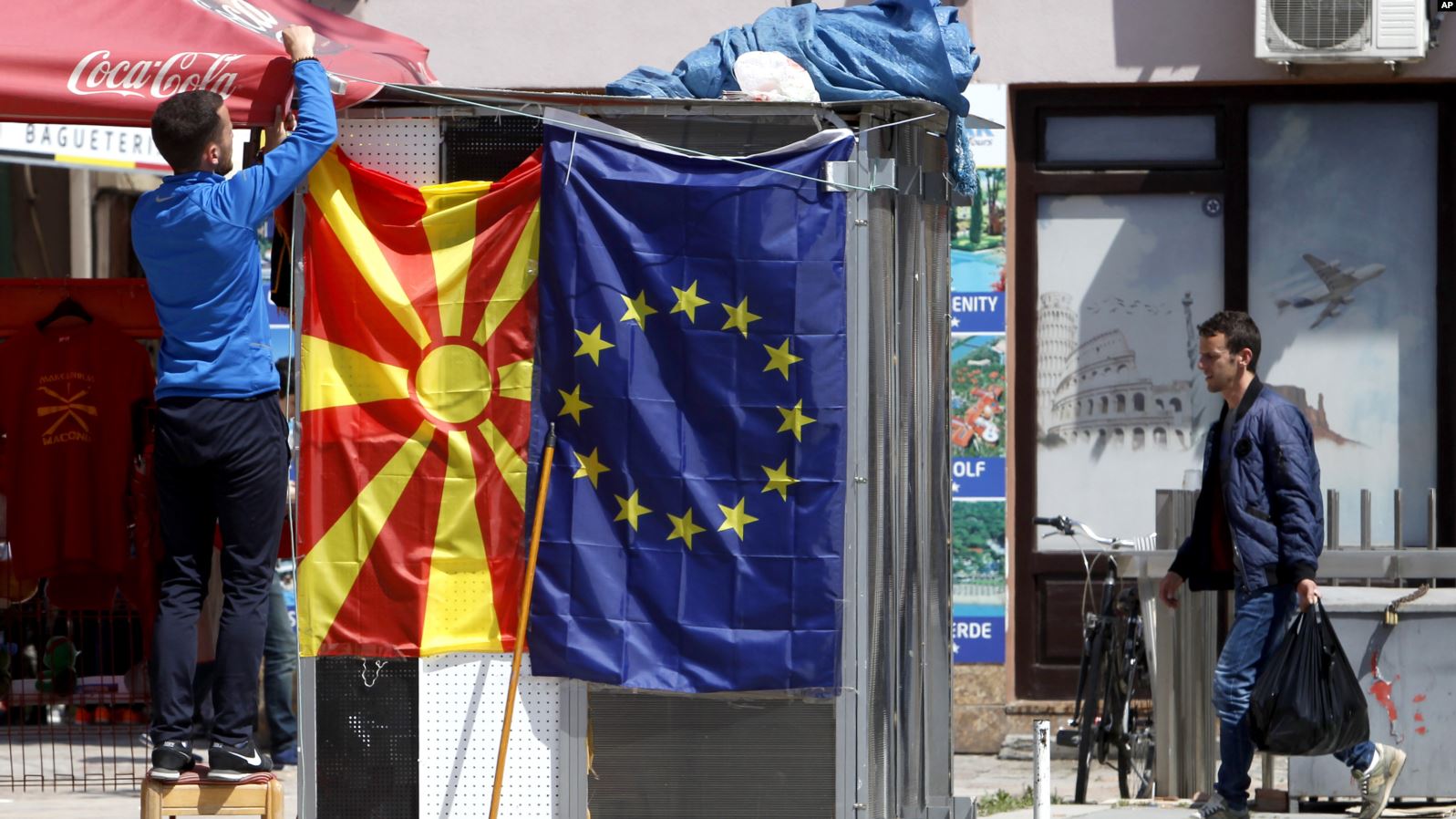 THE NORTH MACEDONIA-BULGARIA DISPUTE AND THE CONFUSING WAY EU DEALS WITH CHALLENGES
THE NORTH MACEDONIA-BULGARIA DISPUTE AND THE CONFUSING WAY EU DEALS WITH CHALLENGES
AVİM 12.01.2021
-
25.01.2016
THE ARMENIAN QUESTION - BASIC KNOWLEDGE AND DOCUMENTATION -
12.06.2024
THE TRUTH WILL OUT -
27.03.2023
RADİKAL ERMENİ UNSURLARCA GERÇEKLEŞTİRİLEN MEZALİMLER VE VANDALİZM -
17.03.2023
PATRIOTISM PERVERTED -
23.02.2023
MEN ARE LIKE THAT -
03.02.2023
BAKÜ-TİFLİS-CEYHAN BORU HATTININ YAŞANAN TARİHİ -
16.12.2022
INTERNATIONAL SCHOLARS ON THE EVENTS OF 1915 -
07.12.2022
FAKE PHOTOS AND THE ARMENIAN PROPAGANDA -
07.12.2022
ERMENİ PROPAGANDASI VE SAHTE RESİMLER -
01.01.2022
A Letter From Japan - Strategically Mum: The Silence of the Armenians -
01.01.2022
Japonya'dan Bir Mektup - Stratejik Suskunluk: Ermenilerin Sessizliği -
03.06.2020
Anastas Mikoyan: Confessions of an Armenian Bolshevik -
08.04.2020
Sovyet Sonrası Ukrayna’da Devlet, Toplum ve Siyaset - Değişen Dinamikler, Dönüşen Kimlikler -
12.06.2018
Ermeni Sorunuyla İlgili İngiliz Belgeleri (1912-1923) - British Documents on Armenian Question (1912-1923) -
02.12.2016
Turkish-Russian Academics: A Historical Study on the Caucasus -
01.07.2016
Gürcistan'daki Müslüman Topluluklar: Azınlık Hakları, Kimlik, Siyaset -
10.03.2016
Armenian Diaspora: Diaspora, State and the Imagination of the Republic of Armenia -
24.01.2016
ERMENİ SORUNU - TEMEL BİLGİ VE BELGELER (2. BASKI)
-
AVİM Conference Hall 24.01.2023
CONFERENCE TITLED “HUNGARY’S PERSPECTIVES ON THE TURKIC WORLD"









